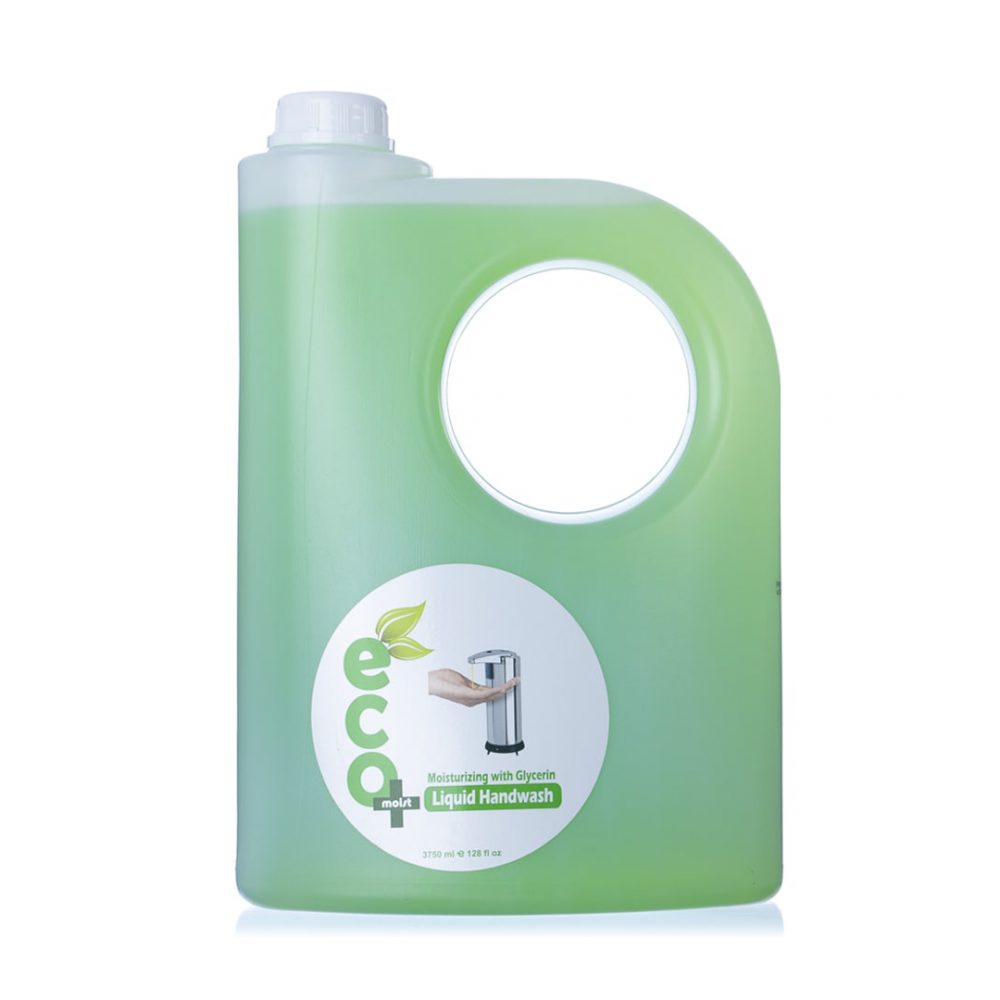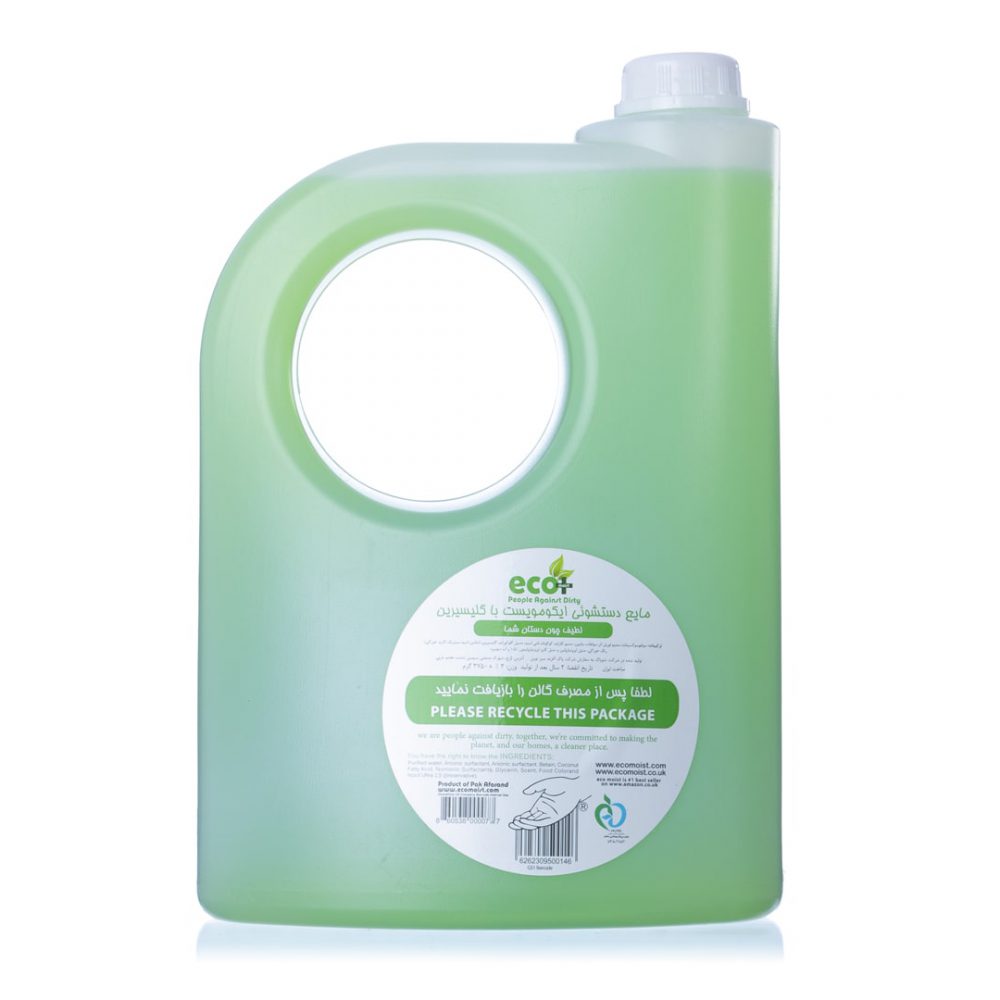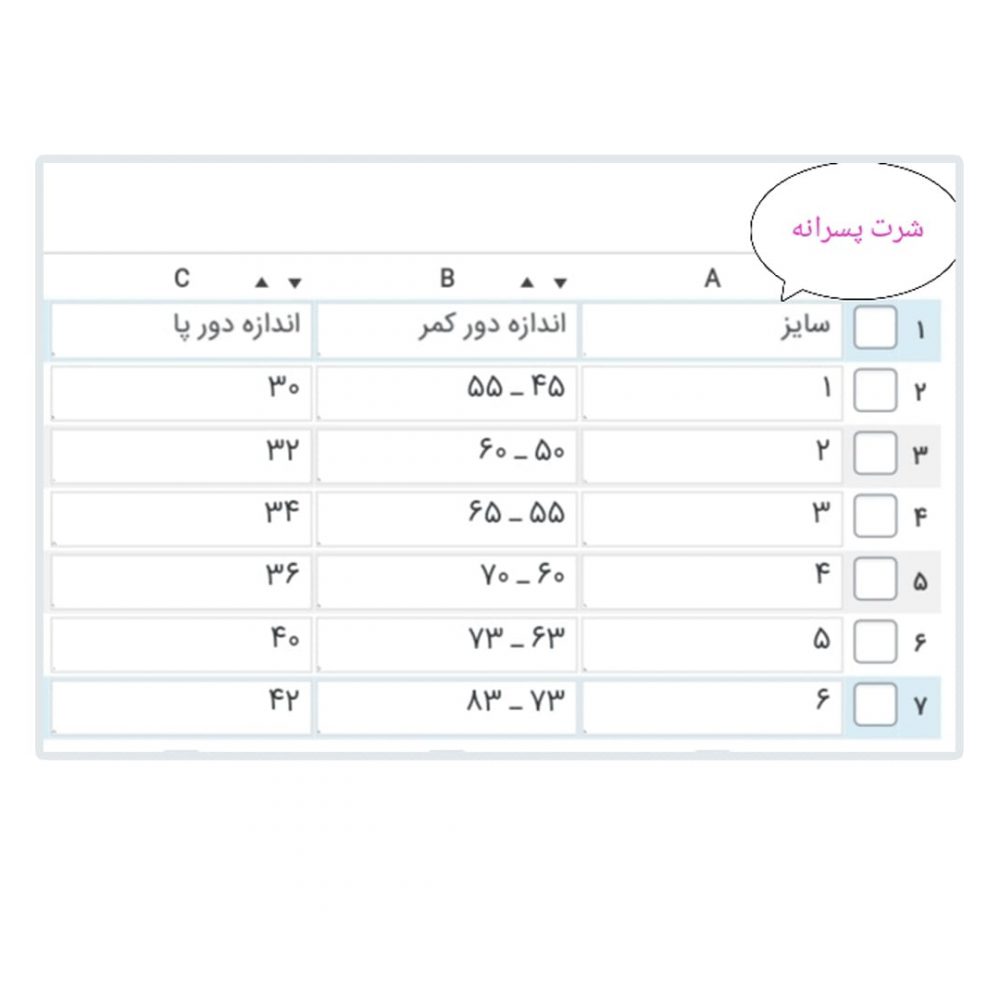The use of a virtual data room isn’t limited to specific industries. Virtual data rooms can be utilized by businesses to share confidential documents. This could be an acquisition, merger IPO, or any other business transaction that requires the exchange of sensitive documentation. In some cases, the information is needed for regulatory reasons for instance, when a company needs to allow auditors and regulators to look over its records.
Many companies turn to a virtual data room to speed up the due diligence process in M&A deals. Due diligence can be a massive volume of documentation that has to be viewed by a variety of interested parties. The ability to browse and download documents from VDR format VDR can make the process more efficient and cost-effective.
Other companies also use a VDR to facilitate sharing documents with legal teams, clients and third parties to facilitate litigation or regulatory reasons. A law firm, for instance might require access to client records and be able to do this in a secured environment in order to avoid violating privacy laws.
A VDR can also help businesses automate processes, workflows and approvals. This can reduce the time and effort required to manually handle tasks such as signing an NDA and managing invoice approvals or sending files to be uploaded into the data room. In addition, a VDR that is equipped with advanced document processing features will be able to search for text in all types of files like PDFs and Excel documents.



















